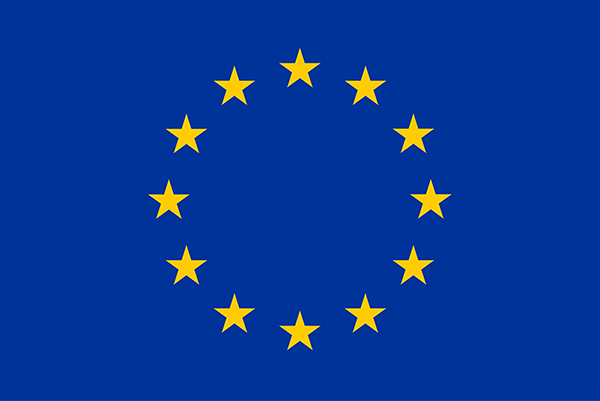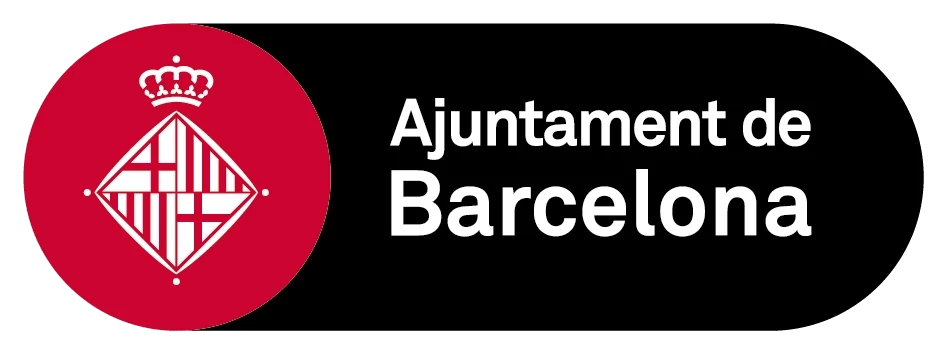Noticias y novedades
Información actualizada sobre SMILES
Ofcom’s Toolkit for Evaluating Media Literacy Interventions
What is evaluation, and why should charities and other organisations running projects focused on media literacy, care about it?
This question lies at the heart of the Evaluation Toolkit (Enlace externo), the latest publication from the Making Sense of Media (Enlace externo) (MSOM) team at the UK’s communications regulator, Ofcom.
The toolkit – a series of how-to guides for planning and carrying out an evaluation of a media literacy intervention – is an important element of Ofcom’s programme of work supporting the media literacy sector in the UK to do the work they know best – helping people lead safer and savvier lives online.
Alongside practical, straightforward tips the guide makes the case for an evaluation process that is baked into a project from the start. It explains that evaluation proves (that an initiative has achieved its desired outcomes) and improves (it provides learnings for an organisation to take on board to deliver their intervention in a better way next time).
Crucially, it details the importance of demonstrating impact – change at an individual or societal level that can be attributed to a project – and takes organisations through steps to help them evidence it.
The toolkit also encourages those who have delivered projects to share lessons learned from their evaluations – for example, whether the plans they put in place to gather data from workshop participants were successful, or whether they needed a rethink. Sharing what worked, and what didn’t, allows the sector to learn faster and be more effective.
The toolkit can be downloaded from Ofcom’s website in sections, or as one file (Enlace externo). The overview (Enlace externo) makes the case for why impact evaluation matters, and is followed by three documents, named to represent stages in the evaluation process:
Preparing (Enlace externo) (1); Doing (Enlace externo) (2); and Sharing (Enlace externo) (3).
The preparing section sets out how to write a theory of change and how to create an evaluation framework, the doing section has information about research methods and two supplementary “top tips” documents with model questions, while the sharing section suggests how organisations could structure an evaluation report. There is a separate evaluation framework template, and a glossary detailing more complex terminology (although key words are also highlighted and defined, with pull-out definition boxes in situ). Two searchable libraries sit alongside the toolkit guidance – one for media literacy research and one for media literacy initiatives. The libraries will support our networks in their delivery work and ultimately play a part in full mapping of media literacy activity in the UK.
The toolkit, published in February 2023, represents the culmination of several years’ work including the input of expert contributors, Ofcom research into challenges and barriers to evaluation amongst media literacy organisations in the UK, and soundings from a range of stakeholders.
Next steps
Ofcom’s work on evaluation in the media literacy sector is by no means complete. Publication is only the beginning. Throughout the Spring and Summer, Ofcom’s Making Sense of Media (MSOM) team will lead a series of themed workshops to drive interest in and adoption of the toolkit with the first one on March 30. For more information about the workshop please contact the MSOM team on the email address below. The toolkit will be refined, and expanded, over time in response to user feedback.
We also know from research we commissioned last year that one of the reasons why evaluation is not used by default by the media literacy sector in the is often down to how they are funded (by trusts, foundations, corporations and government).
We are already considering the next challenge: getting funders to understand the importance of impact evaluation.
We are keen to get feedback from European practitioners and will promote the work through the EPRA MIL Taskforce (EMIL).
---
Kate Morris, Senior Associate, Evaluation, Ofcom, UK
Article reposted with permission from Media & Learning Association (Enlace externo)


